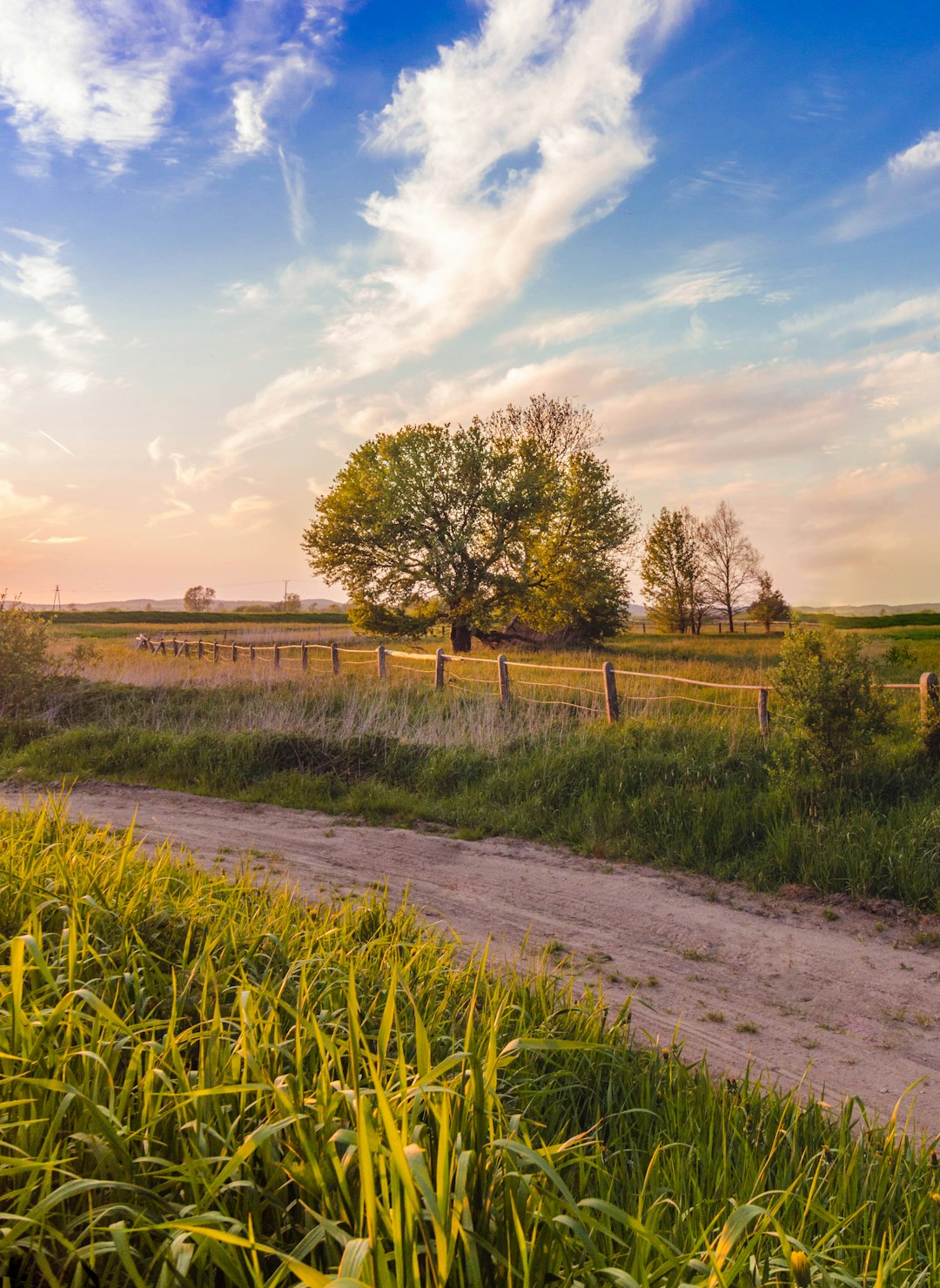Let's get started...
The Unique Social Landscape of the Countryside
For many, the image of the countryside conjures up scenes of rolling fields, tranquil woods, and perhaps a scattering of quaint villages. While this picturesque setting offers a lot of charm and beauty, living in such areas also presents unique social dynamics. Unlike urban areas, where the dense population facilitates a seemingly endless stream of social opportunities, the countryside often requires a more proactive approach to socialisation.

The Foundation of Rural Social Life
Social activities in the countryside are deeply rooted in community and tradition. Local events such as fairs, fetes, and festivals play a crucial role. These gatherings are not only a time for fun but also serve as essential hubs of social interaction where people can connect and maintain relationships. For young people, these events can be a rare opportunity to meet others their age, especially if they attend small local schools or are home-schooled.
Beyond events, socialising in rural areas often takes place in communal spaces like village halls, churches, or local sports clubs. These venues host a variety of activities that welcome all age groups, fostering a sense of community among residents.
Impact on Young People
For teenagers living in the countryside, the social opportunities available can have a significant impact on their lifestyle and development. One major difference is the smaller population, which can mean a smaller circle of friends. This can lead to closer bonds, as interactions aren't as fleeting as they might be in a busier city environment. However, it can also pose challenges, such as a lack of anonymity and privacy.
The limited availability of entertainment facilities like cinemas, malls, or youth clubs might spur young people to engage more with outdoor activities hiking, biking, or exploring nature activities that can be beneficial to both physical and mental health. Additionally, the need to travel greater distances to meet friends or attend events teaches independence and planning skills at an earlier age compared to many urban youths.
Unique Challenges
Despite the advantages, the rural lifestyle comes with its challenges. The reduced frequency of social interactions can sometimes lead to feelings of isolation or boredom. Furthermore, the pressure to conform can be stronger in small communities, where everybody knows everyone else and maintaining privacy can be difficult.
Strategies for Thriving Socially in the Countryside
Living in the countryside doesn't have to mean a social life compromise. Here are some strategies that can help young people create vibrant social lives in a rural setting:
1. Participate Actively in Community Events
Attending local events is not only entertaining but also a prime opportunity to meet people and deepen existing relationships. Whether it's volunteering at a local festival or participating in a community clean-up, involvement can significantly enhance your social circle.
2. Explore Online Communities
In today's digital age, physical location is becoming less of a barrier to socialisation. Join online forums, social media groups, or gaming communities that align with your interests. This can provide a supplement to your local social life, connect you with people worldwide, and introduce you to new friends who share your interests.
3. Create Your Own Events
If the social activities in your area don't match your interests, consider starting your own. organise a book club, a sports meet, or a hobby group. This initiative not only spices up your social life but also allows you to take control and bring together like-minded individuals.
4. Utilise Transportation
Having a reliable means of transportation is key in rural areas. If you're old enough, learning to drive can be a game-changer for your social life. For younger teens, coordinating with parents or peers about lifts can help access more distant social opportunities.
5. Embrace the Outdoors
The countryside provides a natural playground unparalleled by urban environments. Organising outdoor adventures with friends can be a thrilling way to socialise. From biking and hiking to simply strolling through scenic landscapes, the great outdoors is an excellent venue for making and deepening friendships.
Remember, forming meaningful relationships takes time and effort, but the results are rewarding. By exploring these strategies and staying open to new experiences, countryside living can offer a uniquely fulfilling social life.
How are you feeling?
It is really important that when we need help, we feel able to ask for it. This could be speaking to a parent, a close friend, a teacher or someone else you trust. Sometimes it can be really hard to share our feelings with other people but if we are feeling low or don't know where to turn, sharing with others is really important. Teachers will always take you seriously and listen to your problems in confidence if you approach them for help. Likewise, parents, siblings or friends will help you if you reach out to them.
If you feel like you can't speak to anyone you know, there are people and organisations that can help support you:
- Childline - Call them on 0800 1111 any time of the day or night, every day of the week
- NSPCC - Call them on 0808 800 5000 between 10am and 4pm Monday to Friday or email them on help@NSPCC.org.uk
- The Samaritans – Call them on 116 123 any time of the day or night, every day of the week
- SANE – Call 0300 304 7000 for support (4:30pm - 10:30pm every day)
- Mind – Call 0300 123 3393 (9:00am - 6:00pm Monday to Friday)
*Sometimes we will use real life examples in our articles to aid understanding. When we do, names and ages will be changed.













